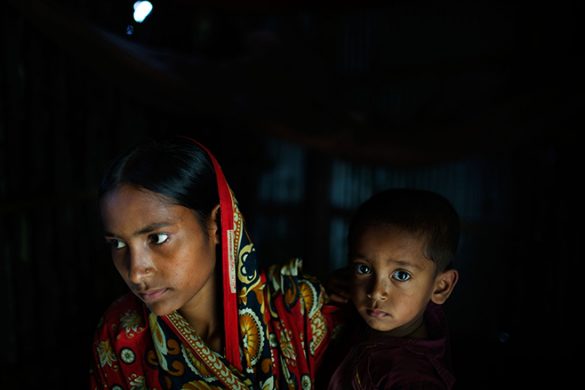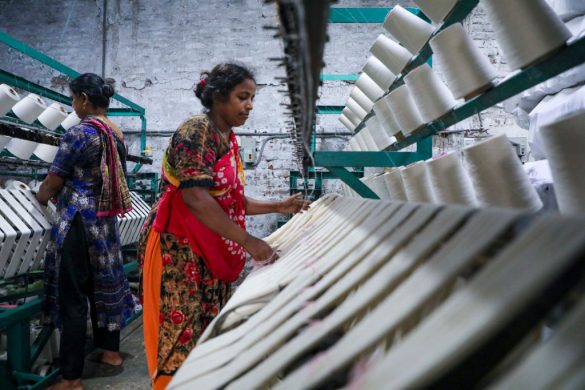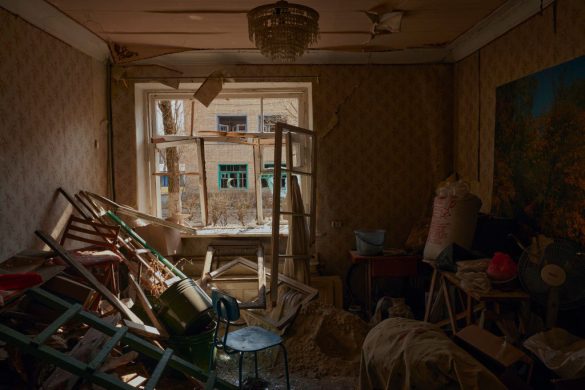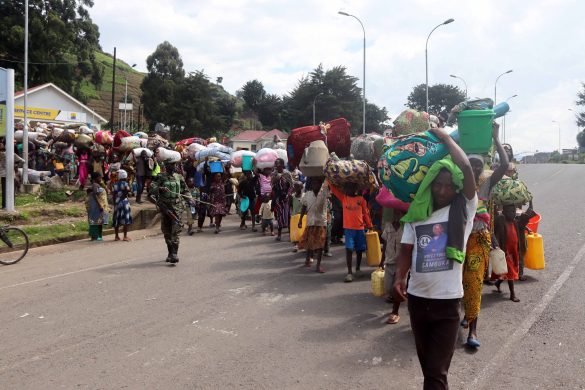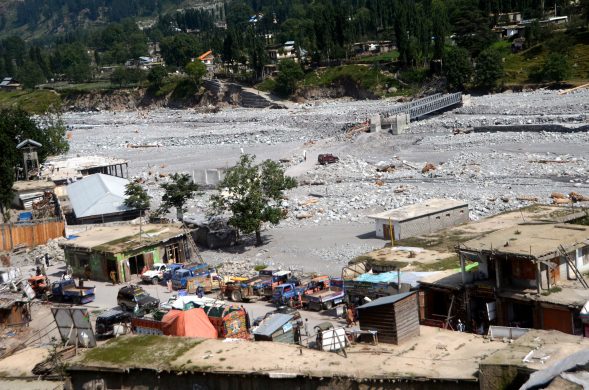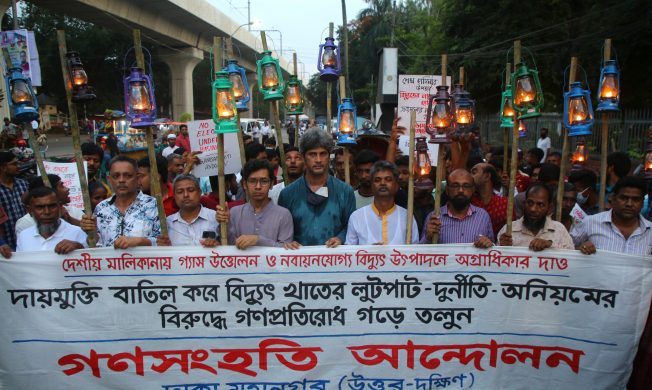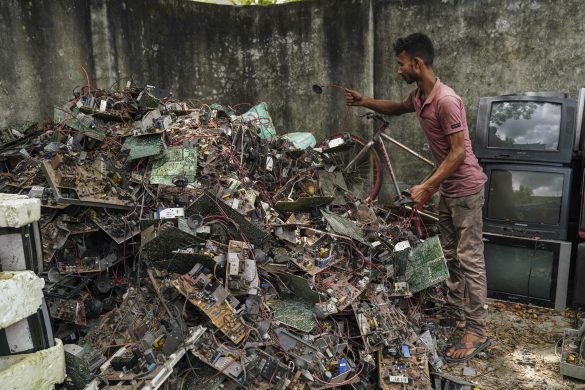(Dhaka): The Bangladesh government is yet to take sufficient steps to end child marriage, in spite of promises to do so, Human Rights Watch said in a new report released today.
Instead, in steps in the wrong direction, after her July 2014 pledge to end child marriage by 2041, Bangladesh Prime Minister Sheikh Hasina attempted to lower the age of marriage for girls from 18 to 16 years old, raising serious doubts about her commitment.
Bangladesh has the highest rate of child marriage of girls under the age of 15 in the world, with 29 percent of girls in Bangladesh married before age 15, according to a UNICEF study.
Two percent of girls in Bangladesh are married before age 11.
Successive inaction by the central government and complicity by local officials allows child marriage, including of very young girls, to continue unchecked, while Bangladesh’s high vulnerability to natural disasters puts more girls at risk as their families are pushed into the poverty that helps drive decisions to have girls married.
“Child marriage is an epidemic in Bangladesh, and only worsens with natural disasters,” said Heather Barr, senior researcher on women’s rights.
“The Bangladesh government has said some of the right things, but its proposal to lower the age of marriage for girls sends the opposite message. The government should act before another generation of girls is lost.”
The 134-page report, “Marry Before Your House is Swept Away: Child Marriage in Bangladesh,” is based on more than a hundred interviews conducted across the country, most of them with married girls, some as young as age 10. It documents the factors driving child marriage in Bangladesh – including poverty, natural disasters, lack of access to education, social pressure, harassment, and dowry.
Human Rights Watch also details the damage that child marriage does to the lives of girls and their families in Bangladesh, including the discontinuation of secondary education, serious health consequences including death as a result of early pregnancy, abandonment, and domestic violence from spouses and in-laws.
Læs mere hos Human Rights Watch og find rapporten her.

